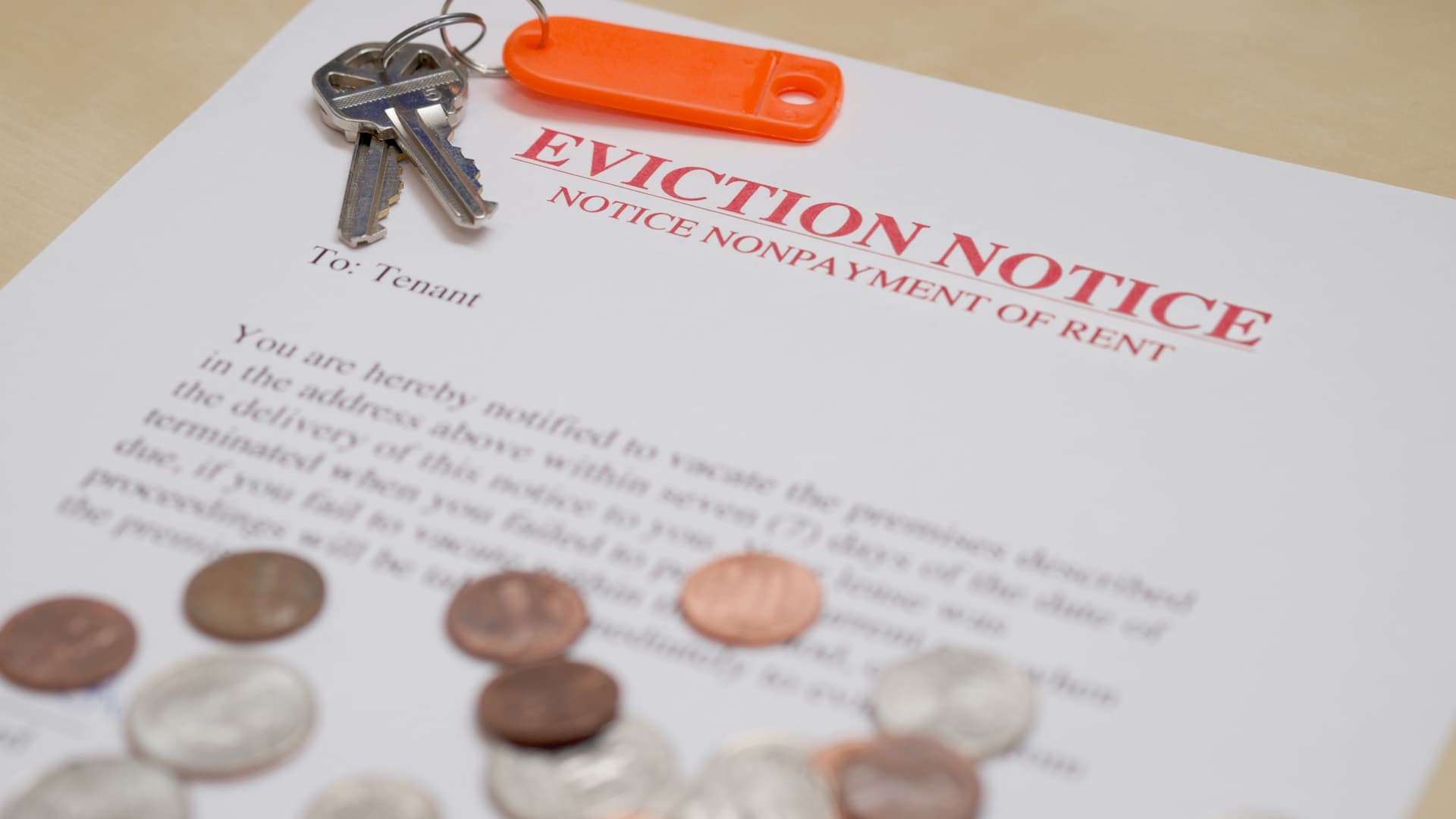


Section 21 Court Ruling Resolves Contentious Eviction Detail
A court of appeal ruling in a Section 21 eviction case has finally resolved a contentious issue between landlords and tenants. The case revolves around a landlord’s ability to issue a Section 21 eviction notice where a gas safe certificate wasn't provided at the beginning of a tenancy.
The Trecarrell House Limited v Rouncefield case went to the court of appeal after a previous ruling stated a Section 21 notice wasn't applicable as the landlord, or the agent acting for the landlord, had failed to provide an up-to-date gas safety certificate to the tenant before a new tenancy agreement. However, the court of appeal reversed that decision, stating that provided a gas safe certificate was given to the tenant any time before the eviction notice was served, then there was no reason it should be used as a reason to stop a landlord issuing a 'no fault' or Section 21 eviction notice.
Case details
The case was brought to court as the tenant, Patricia Rouncefield, who was being evicted through a Section 21 process by her landlord, Trecarrell House Limited. While the property Ms. Rouncefield was renting did have a valid gas safety certificate, she wasn’t provided with a copy of it prior to signing her tenancy agreement.
Given rules state that a valid gas safety certificate must be provided to the tenant before they move into the property to support the later requirement for a Section 21 eviction, Ms. Rouncefield clearly felt it was a reasonable detail to bring up when contesting the eviction notice. Indeed, the initial court ruling agreed with her and the eviction notice was declared invalid.
However, after much discussion and deliberation, the court of appeal judges disagreed with the initial ruling and found in favour of Tecarrell House Limited.
The lead judge in the appeal case stated: “It is difficult to reconcile this interpretation [previous ruling] of the law with legislation which would appear to be aimed at ensuring the safety of tenants. Similarly, I find it hard to balance this interpretation with the actual wording of regulation 36(6)(b) of the 1998 Regulations which states that the GSR needs to be given to any new tenant “before that tenant occupies those premises.”
“I would agree with Moylan LJ’s characterisation of the majority finding: late service of the GSR for the purposes of 36(6)(b) becomes a mere “procedural requirement” rather than a “substantive sanction,” the judge said.
Why is this good news for landlords?
As the ruling prior to the decision from the court of appeal suggests, in previous cases where a Section 21 eviction notice was considered or used, there was some contention over whether or not it could be used where a gas safety certificate wasn’t provided to the tenant before they moved in to the rental property. The same was true if an annual inspection wasn’t conducted on time or the certificate from it wasn’t provided to the tenant in a timely manner.
It’s likely that detail may have stopped some landlords from raising a Section 21, or no fault, eviction notice. However, the court of appeal ruling makes it clear that provided the gas safety certificate is given to the tenant at any time before the Section 21 eviction notice is served, then there is no reason that the lack of the certificate at the beginning of a tenancy should limit the landlord’s eviction options.
Of course, this court decision doesn’t mean that landlords shouldn’t follow the rules and not provide a gas safety certificate to tenants. Where possible a certificate should be given to the tenant before they move into the property, and upon each annual inspection thereafter. Or, if this doesn’t happen, then a landlord or letting agent should give the tenant a copy of the gas safety certificate at any point during the tenancy.
It’s also worth noting that if no gas safety inspection has been carried out, then that could be a valid reason why a Section 21 eviction notice can’t be served. However, provided landlords follow the rules with regards to gas safety checks and certificates then the tenant is safe and any future action a landlord might need to take, won’t be jeopardised by any previous inaction or failure to comply with those rules.



